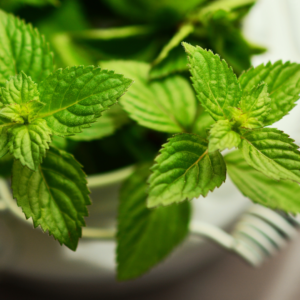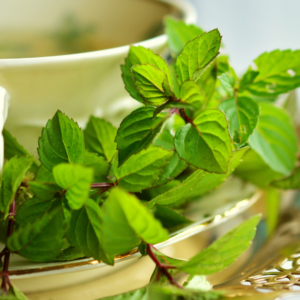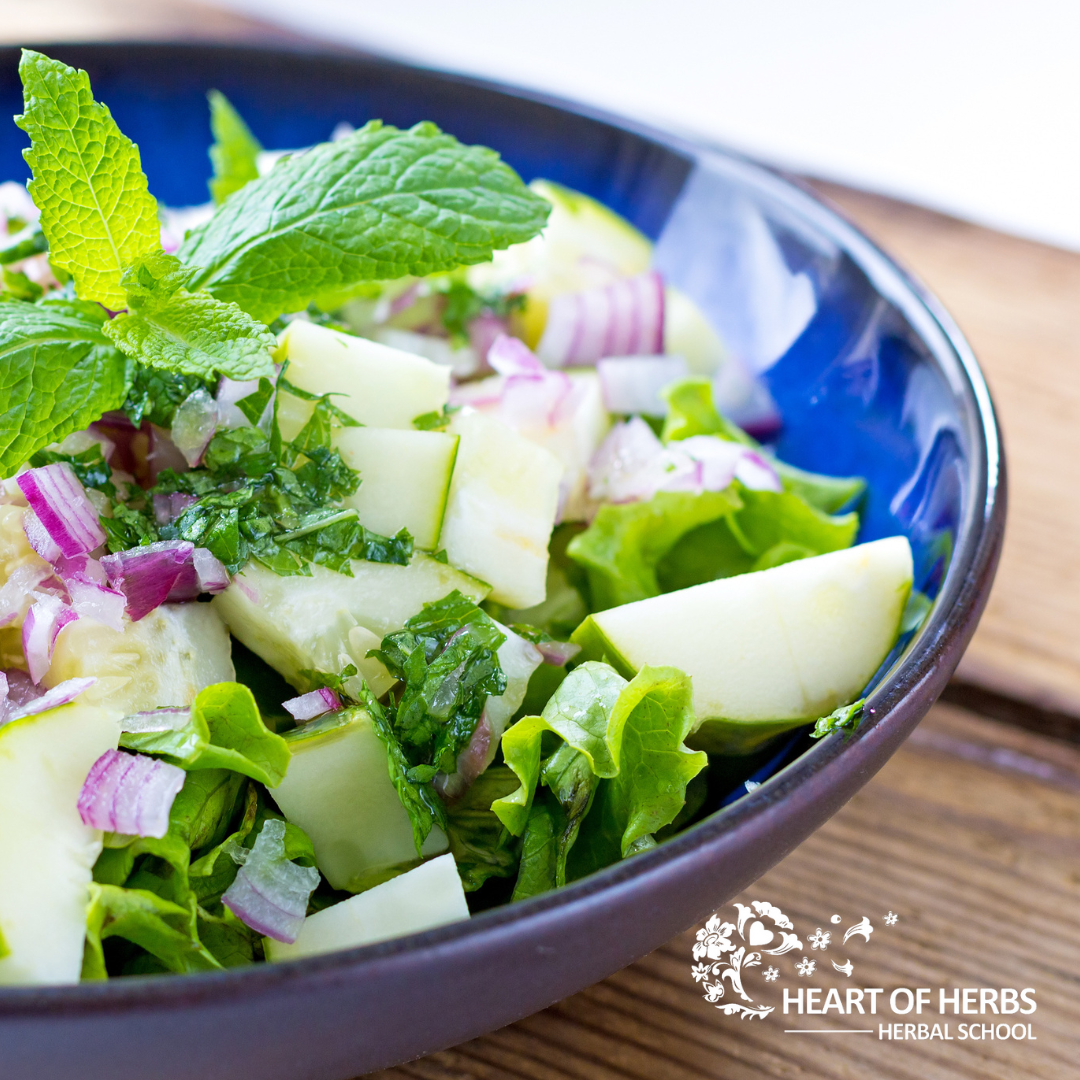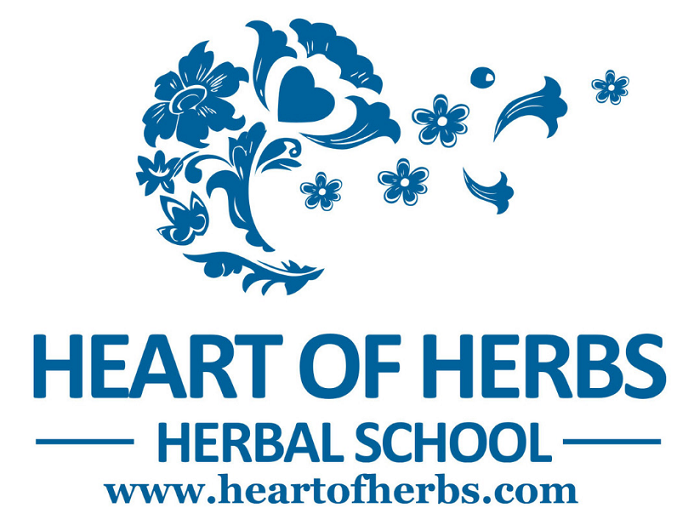
Backyard Apothecary: Peppermint
Peppermint (Mentha × piperita) is a versatile herb with a rich history and a wide range of uses. It is cherished for its medicinal properties and culinary versatility. Whether used in tea, dishes, or remedies, peppermint has something to offer everyone.
A Brief History of Peppermint
Peppermint has a long and impressive history, dating back to ancient civilizations. The Greeks and Romans highly valued peppermint for its aid in digestion and its aromatic addition to baths. Throughout the Middle Ages, it was grown in European gardens not only for cooking but also for its believed medicinal properties.
This extensive history, spanning centuries, links us to a captivating and long-lasting legacy of health and well-being. Presently, peppermint is cultivated globally and continues to be a fundamental component of both traditional and modern herbal medicine.
Health Benefits of Peppermint
Peppermint is widely known for its ability to help with digestion. People often drink peppermint tea to ease indigestion, bloating, and gas. The menthol in peppermint helps relax the muscles in the digestive system, reducing discomfort and aiding digestion. Peppermint has a variety of uses, from cooking to medicinal purposes. Its fresh flavor and healing properties make it a great addition to any home kitchen or medicine cabinet. Whether you’re sipping peppermint tea, using it in recipes, or using its essential oil for remedies, peppermint is a valuable herb with enduring popularity.


Backyard Apothecary: Peppermint
Let’s Eat!
Peppermint’s refreshing flavor is not just for tea, it’s a culinary delight! This versatile herb can be used in both sweet and savory dishes, adding a fresh burst of flavor. Its unique taste can inspire creativity in your cooking, giving your favorite recipes a unique and refreshing twist. The possibilities are endless, and the results are always delicious.
Let’s make some tea!
Salads and Sides
Add chopped peppermint to your salads to give them a fresh burst of flavor, especially ones with fruits or vegetables like cucumbers or tomatoes. It goes well with feta cheese and olives.
Desserts
Peppermint is a classic ingredient in desserts, whether it’s mint chocolate chip ice cream or peppermint brownies. It can be used in both sweet and savory dishes to add a refreshing flavor.
Backyard Apothecary: Peppermint
Growing Peppermint
Don’t let the idea of growing herbs intimidate you. Peppermint is actually quite easy to grow, making it a perfect addition to any herb garden. It thrives in moist, well-drained soil and prefers partial shade. To prevent it from overtaking other plants, it’s often grown in containers. With regular pruning and harvesting, you can keep the plant healthy and encourage bushier growth. Remember, peppermint can be invasive, so it’s best to plant it in a container or a spot where it can spread without causing problems. With these simple tips, you can confidently grow your peppermint.
To harvest peppermint, snip off the tops of the stems just before the plant begins to flower. This is when the leaves are most flavorful and aromatic. Regular harvesting can help keep the plant from becoming too leggy and encourages bushier growth. When harvesting, be sure to leave at least a third of the plant intact to allow for regrowth. You can use the harvested leaves immediately or dry them for later use.
Safety
Allergies: Some people are allergic to peppermint. If you react badly, stop using it and talk to a healthcare provider.
Pregnancy and nursing: Talk to your healthcare provider before using peppermint if you are pregnant or breastfeeding.
Children: Be careful when using peppermint oil on children. It’s best to avoid using it on children under two years old.
References
Clark, D. (2011). Herbal healing for children: A parent’s guide to treatments for common childhood illnesses. Healthy Living Publications.
Disclaimer
Disclaimer Blog
The information presented on the Heart of Herbs Herbal School/Demetria Clark websites is for educational purposes only. Heart of Herbs Herbal School/Demetria Clark Education LLC makes neither medical claims nor intends to diagnose or treat medical conditions. Links to external sites are for informational purposes only. Heart of Herbs Herbal School/Demetria Clark neither endorses them nor is in any way responsible for their content. Readers must do their own research regarding the safety and usage of any herbs, recipes, or supplements.
Affiliate Disclosure
Some posts contain affiliate links. When you click on these and make a purchase the cost is the same for you, but we earn a small commission that helps me to provide scholarships to students. We only promote products that we know our clients have liked themselves.
Heart of Herbs Herbal School is a Amazon affiliate. As an Amazon Associate, we earn from qualifying purchases.
